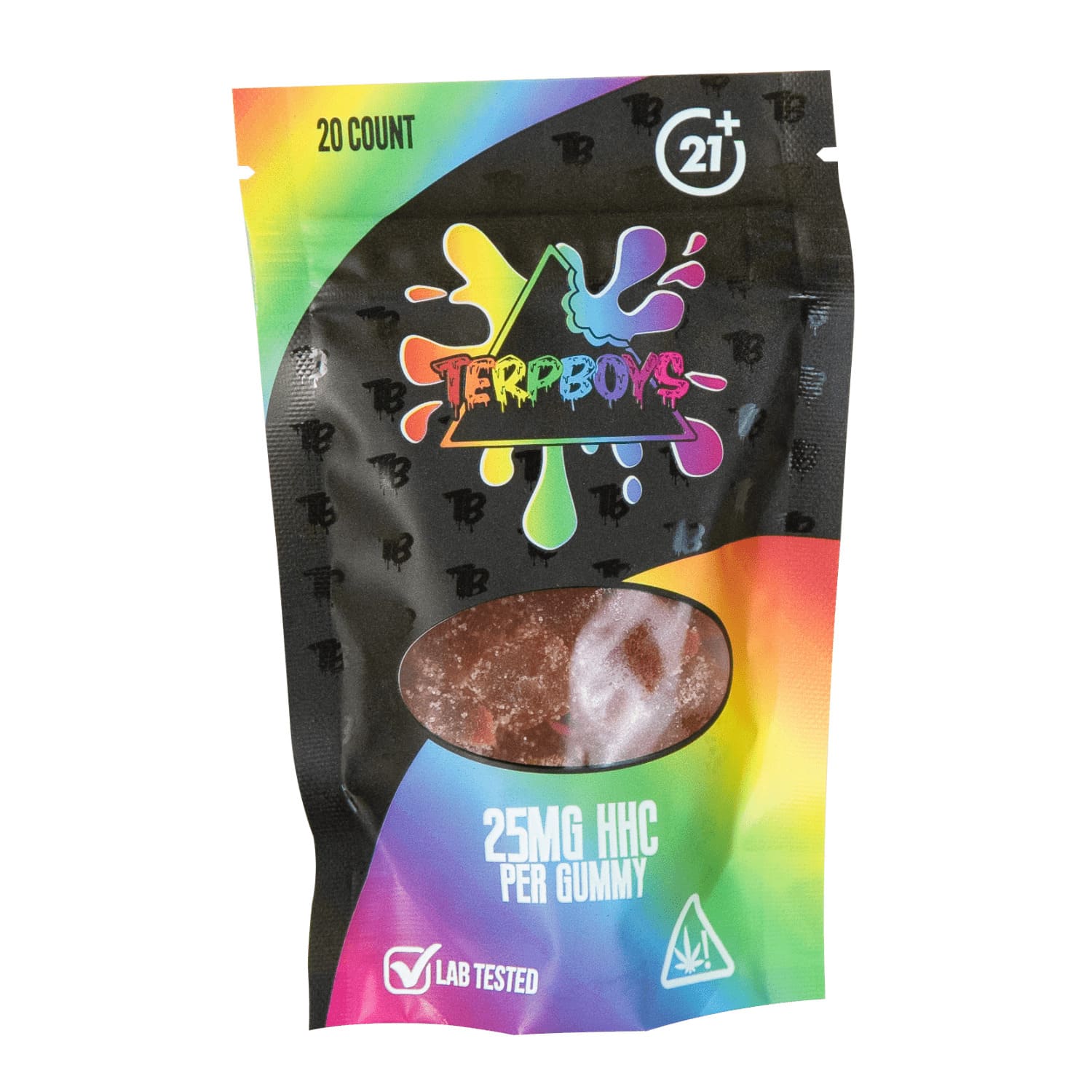Product Offers
Share your best offers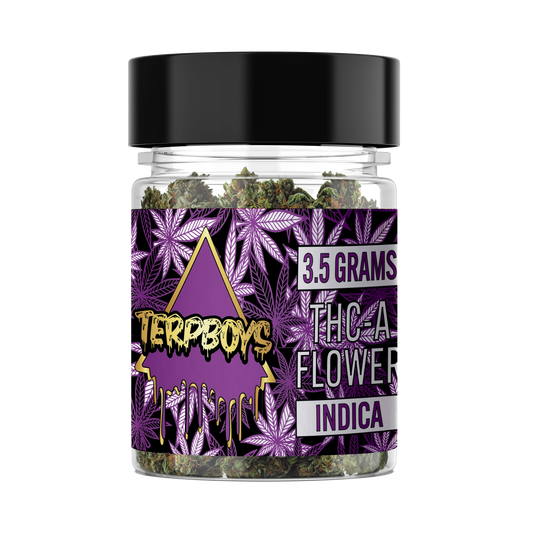

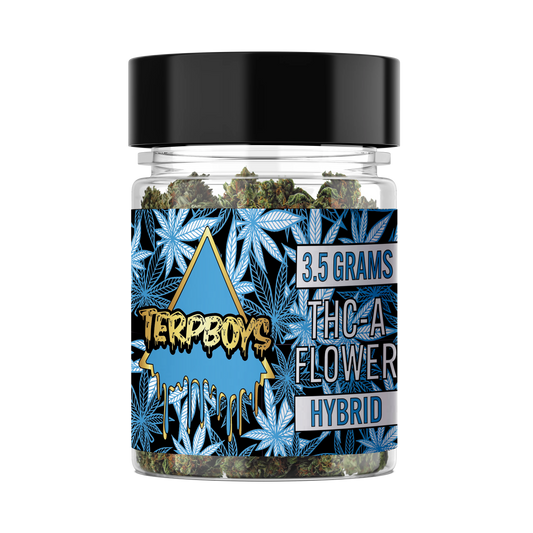



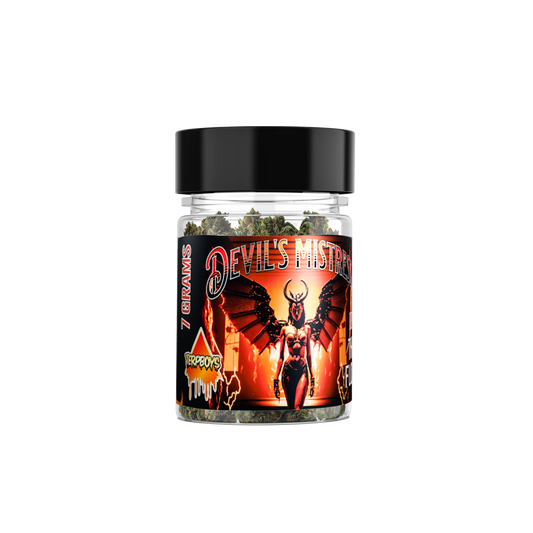
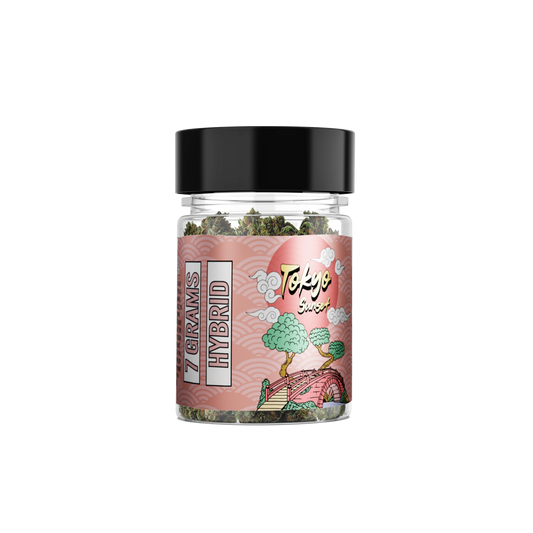
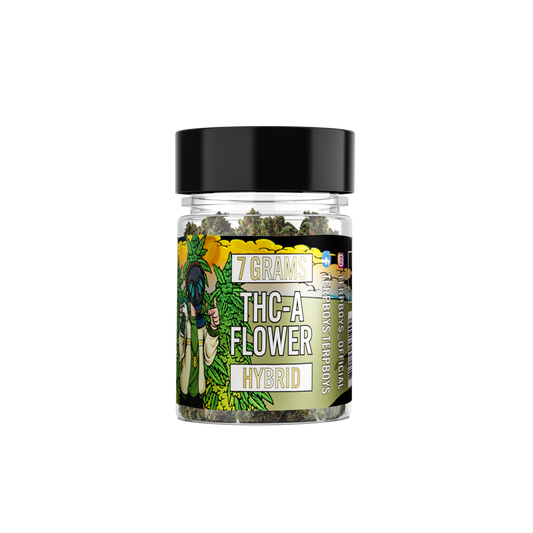




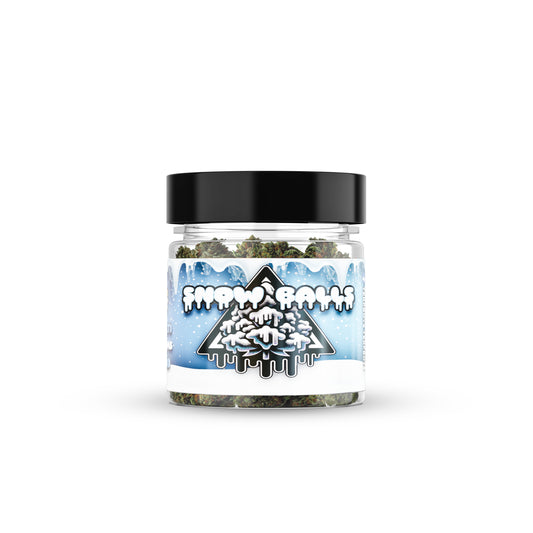
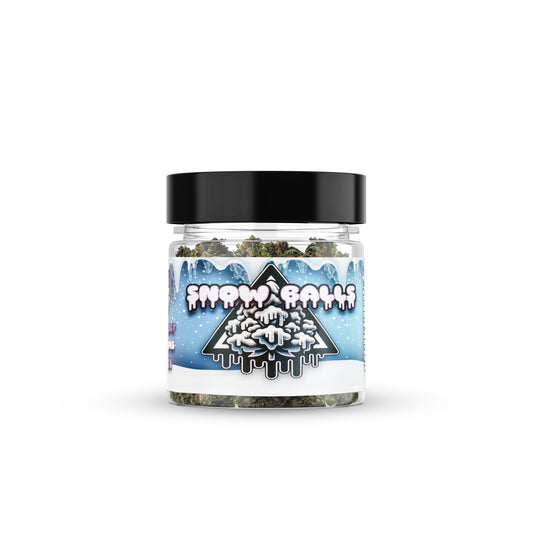
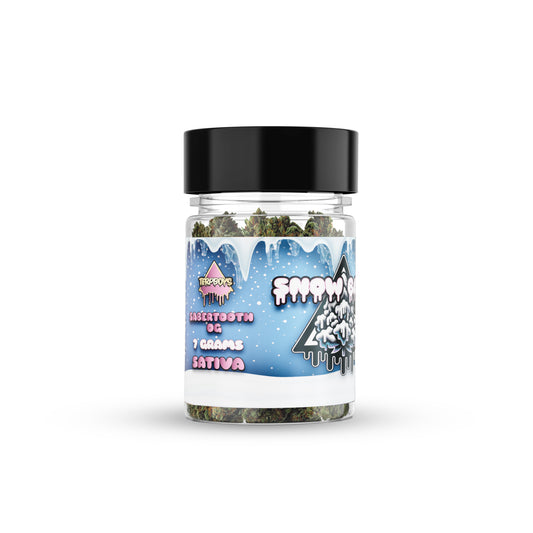
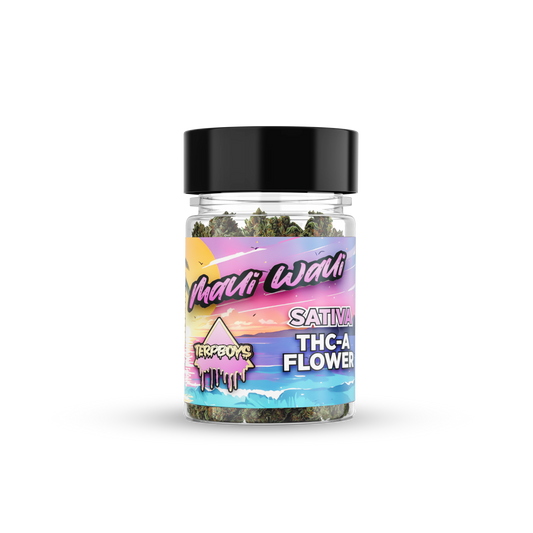
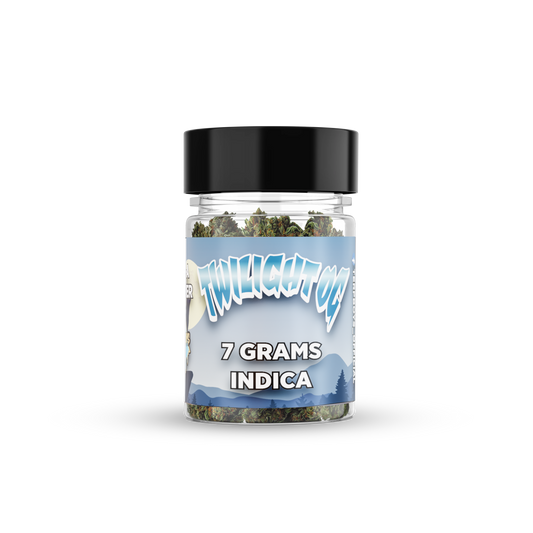
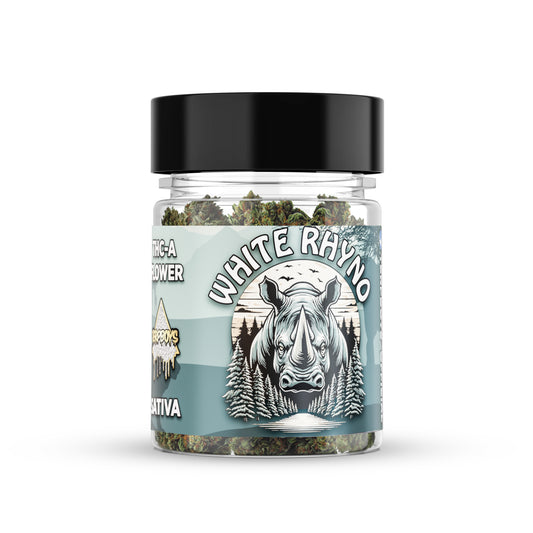
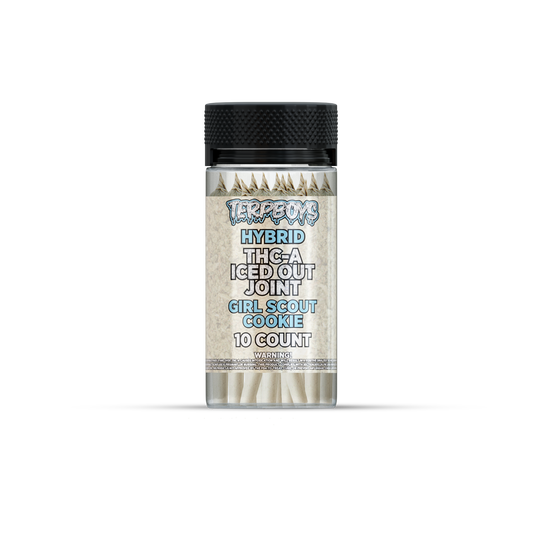

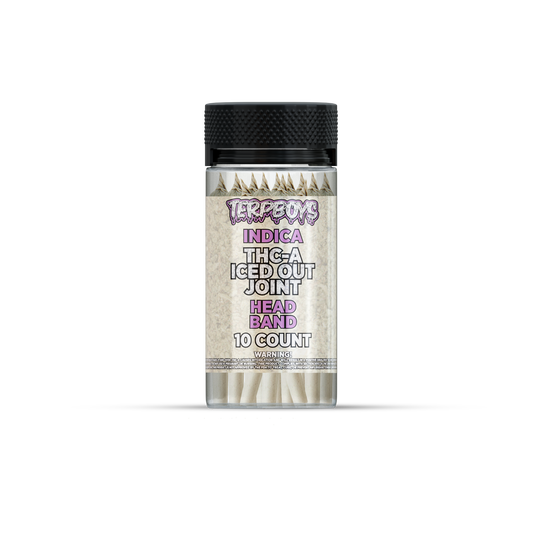



What is Delta 8? Does Delta 8 Show Up On A Drug Test?
Explore what is delta 8 and if it does show up on a drug test with more insightful details of this unique cannabinoid.
Embarking on a journey through the enigmatic realm of Delta 8, we find ourselves at the crossroads of science, legality, and everyday experience.
This cannabinoid, less known than its relatives Delta 9 and CBD, raises intriguing questions and possibilities within the cannabis spectrum. Our exploration will unravel the mysteries of Delta 8, addressing its identity, effects, and the critical query of its detectability in drug tests.
As we delve deeper, we aim to illuminate the nuances of this compound, offering insights for those intrigued by its potential and seeking a clearer understanding of its role in the ever-evolving narrative of cannabis.
Join us as we navigate the complexities and uncover the essence of Delta 8.
What is Delta 8?
Delta 8, scientifically known as Delta-8-Tetrahydrocannabinol, is a minor cannabinoid found in the cannabis plant. Although it occurs in smaller quantities compared to its more famous counterpart, Delta-9-Tetrahydrocannabinol (Delta-9 THC), Delta 8 has been gaining attention for its unique properties and effects.
Delta 8 is similar to Delta-9 THC in its molecular structure, but it has a few critical differences that impact its potency and effects. The most notable difference lies in the position of a double bond in their molecular chain: Delta 8 has the double bond on the 8th carbon chain, while Delta 9 has it on the 9th.
This slight shift results in Delta 8 having a lower psychotropic potency than Delta 9 THC. It means that while Delta 8 can induce some of the psychoactive effects associated with cannabis, these effects are generally milder.
The Chemical Structure of Delta 8
The chemical structure of Delta 8 allows it to bind to the endocannabinoid system in the human body, particularly the CB1 and CB2 receptors. This binding is similar to that of Delta 9 THC but with a lower affinity. This interaction with the endocannabinoid system is what brings about its effects, which users often describe as relaxing and less intense compared to Delta 9 THC.

Delta 8 can be found in various forms, including edibles like Delta 8 gummies, oils, tinctures, and delta 8 vape products. Its popularity is partly due to its milder effects and its legal status, making it accessible in places where traditional cannabis products might still be illegal.
Does Delta 8 Show Up on a Drug Test?
Understanding whether Delta 8 shows up on a drug test is crucial, particularly for individuals subject to routine drug screenings. Drug tests, commonly used in employment settings, are designed to detect the presence of THC - the psychoactive component in cannabis. However, these tests often do not differentiate between the various analogs of THC, such as Delta 8 and Delta 9.
How Drug Tests Detect Cannabis Compounds
Standard drug tests typically screen for THC or its metabolites. When you consume Delta 8, your body processes it in a manner similar to Delta 9 THC, leading to the production of metabolites that can be indistinguishable in drug tests. This means that, despite Delta 8 being a different compound, it can still trigger a positive test result.
For instance:
- Regular use of Delta 8 can lead to the accumulation of detectable metabolites.
- A highly sensitive drug test may pick up even trace amounts of THC metabolites, including those from Delta 8 usage.
Factors Influencing Delta 8 Detection
- Amount and Frequency of Use: The more Delta 8 you consume and the more frequently you use it, the higher the likelihood of it showing up on a drug test.
- Metabolism and Body Composition: Individual differences in metabolism and body composition can affect how long Delta 8 stays in your system.
- Sensitivity of the Test: The sensitivity of the drug test also plays a crucial role. Some tests are more sophisticated and can detect specific types of THC, while others are more general.

How Long Does Delta 8 Stay in Your System?
Determining how long Delta 8 remains in your system is complex, as it's influenced by a variety of factors. While the type of drug test used is a significant determinant, other individual-specific factors also play a crucial role.
Key Factors Influencing Delta 8 Retention
- Type of Drug Test: Each test has its own sensitivity and timeframe for detecting Delta 8.
1. Hair Follicle Drug Test: up to 90 days
2. Urine Drug Test: up to 48 days
3. Oral Drug Test: up to 2 days
4. Blood Test: up to 2 days
- Usage Patterns: How often and how much Delta 8 you consume significantly affects its detectability. Regular, heavy use leads to longer retention times compared to occasional use.
- Metabolic Rate: Your body's metabolism plays a vital role in how quickly Delta 8 is broken down and eliminated. A faster metabolism leads to a shorter detection window.
- Body Fat Percentage: Since THC compounds are lipophilic, they tend to accumulate in fat cells. Individuals with higher body fat may retain these compounds longer.
- Age and Overall Health: Older individuals and those with slower metabolism or certain health conditions might process Delta 8 more slowly.
Understanding Metabolism and Excretion
Once ingested, Delta 8 is metabolized primarily in the liver, transforming into various metabolites. These metabolites are what drug tests detect. The process of breaking down and eliminating Delta 8 is not instantaneous; it can be extended over days or even weeks, depending on the factors mentioned above.
Delta 8 metabolites are excreted through urine and feces, with urine being the primary route for excretion. This is why urine tests are common for detecting cannabis use, as they can capture these metabolites for a more extended period compared to blood or oral fluid tests.
How Much THC is in Delta 8?
Legally available Delta 8 products typically contain less than 0.3% THC, a significantly lower amount compared to the 2.1 to 3.5% THC levels commonly found in Delta 9 products. This substantial difference in THC content is a key factor in the differing potencies of these two cannabinoids, influencing how they should be dosed.
As we've explored earlier, the frequency with which a person uses these products is important, as tolerance levels can vary and develop over time. Delta 8 is recognized as being roughly half as potent as Delta 9, yet it is substantially more potent than CBD. This positions Delta 8 as a moderate option, one that should be approached with caution, keeping tolerance levels in mind.
In the current market, cannabis and hemp-derived products are quantified in milligrams rather than percentages of THC. The concentration of Delta 8 in legal products can range from a low of 5 mg to a high of 150 mg per serving.
It's generally understood that appropriate dosages differ based on the user's experience and tolerance level. However, it's crucial to remember that these figures are merely guidelines, and the optimal dosage can vary significantly from one individual to another.
For new users who have low tolerance, a dosage ranging from 5 to 15 mg per serving is recommended. Occasional users with a medium tolerance might find 15 to 45 mg per serving more suitable. Meanwhile, regular users who have developed a high tolerance may require dosages between 45 and 150 mg per serving.
Is Delta 8 Safe?
Delta 8 has a mixed profile of effects and risks. According to a study by the University of Buffalo, which surveyed over 500 individuals across 38 states, a significant majority of Delta 8 users reported experiencing cognitive challenges and difficulty focusing, a side effect commonly linked to marijuana use.
Yet, the same research also highlighted positive experiences among users: 71% felt deeply relaxed, 68% experienced a sense of euphoria, 74% did not report anxiety, and 81% did not experience paranoia, which are all positive effects frequently associated with marijuana consumption. These findings suggest that Delta 8 offers many of cannabis's benefits with fewer adverse effects.
Despite these positive reports, it's important to acknowledge the inherent risks of Delta 8. One of the primary concerns is its lack of stringent regulation. Without solid regulatory oversight, the assurance of safety and purity of Delta 8 products remains uncertain. Currently, quality control is largely dependent on individual manufacturers, and these products are not evaluated by the FDA prior to their sale and distribution.
Moreover, the novelty of Delta 8's widespread use means its potential for addiction is not fully understood. Given its close resemblance to cannabis, it is hypothesized that Delta 8 could share similar risks and effects as its more well-known counterpart.
From a medical perspective, Delta 8 is considered as safe as Delta 9. However, the real risk lies in the ambiguity surrounding its purity due to the current regulatory landscape. For users, the key to safe consumption is choosing products from trustworthy sources and manufacturers who prioritize consumer safety.
Does Delta 8 Get You High?
The question of whether Delta 8 can induce a high is a common one, especially given its similarity to the more potent Delta 9 THC. The simple answer is yes, Delta 8 can get you high, but the experience differs significantly from that of traditional Delta 9 THC.
Delta 8 THC does indeed have psychoactive properties. However, its effects are generally perceived as being milder and more subdued compared to Delta 9 THC. Users often report a sense of relaxation and euphoria, but without the intensity and anxiety that can sometimes accompany a Delta 9 THC high. This is largely due to the slightly different molecular structure of Delta 8, which results in a less potent bond to the body's endocannabinoid receptors.
The 'high' from Delta 8 is often described as less overwhelming, making it a preferred choice for those who find Delta 9 THC to be too strong or who experience anxiety and paranoia with traditional cannabis products. It's important to note that the strength of the high can vary based on factors like individual tolerance, the dosage consumed, and the method of ingestion.
Is Delta 8 Legal?
The legal status of Delta 8 is a topic shrouded in complexity and varies significantly depending on geographic location and specific legislation. It's not as straightforward as the legality of well-known cannabinoids like CBD or Delta 9 THC.
In the United States, the legal landscape of Delta 8 is particularly convoluted. The 2018 Farm Bill federally legalized hemp and all its derivatives, as long as they contain less than 0.3% Delta 9 THC. Since Delta 8 can be derived from hemp CBD, this law has been interpreted by some to mean that Delta 8 is federally legal. However, this interpretation is subject to debate and is not universally accepted.
The confusion stems from the fact that while Delta 8 is technically a hemp derivative, it is often synthesized in a lab, blurring the lines between natural hemp extracts and chemically altered substances. As a result, the Drug Enforcement Administration (DEA) has suggested that synthetically derived tetrahydrocannabinols (like certain forms of Delta 8) remain controlled substances.

Furthermore, the legality of Delta 8 varies at the state level. Some states have explicitly legalized it, others have banned it, and a few have unclear or evolving laws regarding its status. This patchwork of state laws means that the legality of Delta 8 depends heavily on where you are in the country.
How is Delta 8 Made?
The process of creating Delta 8 THC is intriguing, as it is not typically found in high concentrations in natural cannabis plants. Instead, most commercially available Delta 8 is produced through a scientific process known as isomerization.
The Isomerization Process
- Starting with CBD: The production of Delta 8 often begins with cannabidiol (CBD), a more abundant compound in hemp plants.
- Chemical Conversion: Through a controlled chemical reaction, CBD is converted into Delta 8 THC. This process involves acids, solvents, and heat to cause a reaction that rearranges the molecular structure of CBD, transforming it into Delta 8 THC.
- Refinement: After the initial reaction, the compound undergoes further purification and refinement. This step is crucial to remove any unwanted by-products and to ensure the final product is as pure as possible.
The Importance of Lab Conditions
Creating Delta 8 requires a high level of precision and expertise. The process must be conducted in a controlled laboratory setting to ensure safety and accuracy. The quality of the final product heavily depends on the purity of the CBD used, the specific chemicals involved in the reaction, and the rigor of the purification process.
Regulation and Quality Control
Given that Delta 8 is synthesized in a lab, the regulation and quality control of its production are paramount. However, the current regulatory landscape for Delta 8 production varies, leading to inconsistencies in product quality and safety across different manufacturers.
What Is the Difference Between Delta 8 and Other Cannabinoids?
Delta 8 THC, Delta 9 THC, and CBD are three of the most discussed cannabinoids found in the cannabis plant, each with unique properties and effects. Understanding the differences between these cannabinoids is crucial for consumers looking to make informed choices about their use.
Delta 8 vs Delta 9
Understanding the basic difference between Delta 8 vs Delta 9 is crucial. Delta 9 THC, commonly referred to as just THC, is the most abundant psychoactive compound in cannabis and is known for producing the classic 'high' associated with marijuana. Delta 8 THC, on the other hand, is a less potent variant of THC. While it can also induce psychoactive effects, these are typically milder compared to Delta 9.
- Psychoactive Potency: Delta 9 is more potent and can produce more intense psychoactive effects. Delta 8 offers a more subdued experience, often described as more relaxing and clear-headed.
- Legal Status: Delta 9 THC is federally illegal in the United States (with some state exceptions), whereas Delta 8 exists in a legal grey area due to its derivation from hemp.
- Availability: Delta 9 THC is primarily found in marijuana, while Delta 8 is often sourced from hemp and available in areas where marijuana is not legal.
Delta 8 vs CBD
CBD, or cannabidiol, is a non-psychoactive compound that has gained popularity for its potential health benefits without the 'high' of THC. Delta 8, while less potent than Delta 9, still has psychoactive effects, setting it apart from CBD.
- Psychoactive Effects: CBD does not produce psychoactive effects, making it an option for those seeking relief without intoxication. Delta 8, although milder than Delta 9, can still induce a sense of euphoria and relaxation.
- Health Benefits: Both CBD and Delta 8 are praised for their therapeutic potential, including pain relief and anxiety reduction, but CBD is more widely studied and recognized for its medicinal properties.
- Legal Status: CBD derived from hemp (with less than 0.3% THC) is federally legal in the U.S., while Delta 8's legal status is less clear and varies by state.
Comparison Table: Delta 8 vs Delta 9 vs CBD
|
Feature |
Delta 8 |
Delta 9 |
CBD |
|
Psychoactivity |
Mildly psychoactive |
Highly psychoactive |
Non-psychoactive |
|
Legal Status |
Legal grey area |
Federally illegal (U.S.) |
Federally legal (U.S.) |
|
Source |
Mostly from hemp |
From marijuana |
Mostly from hemp |
|
Effects |
Relaxation, mild high |
Strong high, euphoria |
Relief, no intoxication |
|
Availability |
Widely available |
Restricted |
Widely available |
Can You Fly with Delta 8?
Traveling by air with Delta 8 THC requires careful consideration due to the complexities of aviation laws and the unique legal status of Delta 8. The Transportation Security Administration (TSA) is primarily concerned with flight safety, but they are obligated to report any substances that might violate federal law. Since cannabis and its derivatives, including Delta 8, are in a legal grey area, this can pose challenges for travelers.

Delta 8 is federally legal under the 2018 Farm Bill, but it's still classified as a controlled substance by the DEA, creating potential risks when flying. The TSA is not actively searching for cannabis products, but if they encounter Delta 8 during security screenings, they may report it to law enforcement.
Another important factor is the legality of Delta 8 in both the departure and destination states. If Delta 8 is illegal in either location, carrying it could lead to legal consequences. It's essential to be aware of and comply with the laws of both jurisdictions.
Additionally, the form of Delta 8 (such as edibles, tinctures, or vapes) can affect its travel suitability. TSA rules on liquids and electronic devices will apply, which could impact how you pack and carry these products.
Delta 8 Side Effects and Uses
Delta 8 THC, a cannabinoid found in cannabis plants, is gaining popularity due to its unique effects and uses. However, like any substance, it comes with potential side effects that users should be aware of.
Uses of Delta 8
- Relaxation and Euphoria: Many users report a sense of calm and well-being, making it popular for stress relief.
- Pain Relief: It's thought to have analgesic properties, useful for managing chronic pain.
- Appetite Stimulation: Similar to other THC compounds, Delta 8 can increase appetite.
- Sleep Aid: Some users find it helpful for inducing sleep, thanks to its relaxing effects.
Potential Delta 8 Side Effects
While Delta 8 is generally considered less potent than Delta 9 THC, it can still cause side effects, particularly at higher doses.
- Cognitive Impairments: Users may experience issues with memory, concentration, or coordination.
- Dry Mouth and Eyes: A common side effect shared with other cannabinoids.
- Anxiety or Paranoia: In some cases, especially with higher doses, it can induce anxiety or paranoia.
- Dizziness or Nausea: Particularly for new users or those sensitive to THC products.
Important Considerations
- The purity and source of Delta 8 products can significantly influence their safety and side effects.
- Individual tolerance varies, so starting with a lower dose and observing effects is recommended.
- Long-term effects and interactions with other medications are still being researched, so caution and consultation with a healthcare provider are advisable for those with underlying health conditions.
To Wrap Up
In conclusion, Delta 8 presents a fascinating aspect of cannabis research and use, offering a more subdued alternative to Delta 9 THC with its own unique set of effects and potential benefits.
While it does pose challenges, particularly in terms of legal status and drug testing, understanding Delta 8 is crucial for anyone navigating the complex world of cannabinoids.
As we continue to explore and understand the nuances of cannabis and its derivatives, Delta 8 stands as a testament to the ever-evolving landscape of this field, offering new possibilities and insights for both recreational users and those seeking therapeutic benefits.
